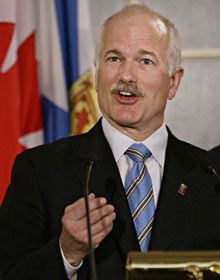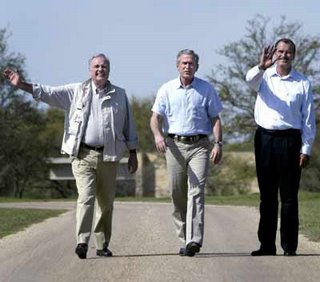Literally Worth a Million? That's retarded!

Public transit users in Toronto are surely familiar by now with the subway ads from the Amalgamated Transit Workers Local 113 union. These ads explain how each TTC worker is worth more than a million dollars, concluding with the observation, "That's amazing!" The fuzzy logic is quoted below. [source]
The Special Report by leading environmentalist and former Ontario Cabinet Minister Marilyn Churley calculates that the economic, environmental, health and other benefits of the TTC to Toronto total at least 12 billion dollars. And that’s a conservative estimate. Many benefits of the TTC are literally incalculable, but real.
Since about 11,000 people work for the TTC, that means each contributes, on average, more than a million dollars in benefits every year. Most TTC workers are represented by ATU Local 113, the sponsor of this site. We’re proud of the work our members do, work that deserves public recognition. Each one is literally Worth a Million.
That is some dubious accounting. The TTC may well be worth $12 billion, but it is not the case that members of the Local 113 are giving personal piggy-back rides to each commuter in the city. The average worth of each TTC worker can only be assessed within the context of the TTC system as a whole. One must first assess the value of previous investments in infrastructure, which includes investments in new vehicles and thoroughfares. Beyond this, operation and maintenance costs pay for more than just the labour of transit workers; the material costs associated - like, say, fuel - are significant.
I do not know the exact numbers that need to be added to the balance sheet, but considering that Premier Dalton McGuinty's rapid transit action plan for the Greater Toronto Area is supposed to cost $17.5 billion, one can safely assume that the transit workers' union is playing a shell game with these ads. I am meant to be convinced that these (mostly) low-skilled workers are invaluable assets to the city. Perhaps if there was even a pretense of plausible accounting in this ad campaign, I might have fallen for it. Instead, I am just reminded that the transit workers' union, by virtue of the TTC's monopoly position, can hold the entire city hostage in order to demand ever higher ransoms.
Not even two years have passed since the transit workers' illegal wildcat strike in 2006. Last weekend, with the threat of strike action looming for Monday morning, Torontonians sighed in relief as it appeared that the crisis had been averted as both sides agreed to terms. This evening, however, it all fell apart as workers voted to reject the the tentative agreement. The union had promised the mayor to provide a 48-hour warning, yet at 10:30 PM on a Friday night, they announced a strike effective midnight that same evening! No doubt, many city dwellers and suburbanites emerged from the bars this evening to find themselves stranded with no public transit and only the remnants of their sobriety.
I have no sympathy for such crass behaviour. Labour deals should be negotiated, not brought about by blackmail. Dalton McGuinty should immediately classify the TTC as an essential service and force the union to go back to work. Since the TTC's monopoly position is not going to be broken up anytime in the near future, there can be no other option - that is, unless we are content to leave ourselves susceptible to random hostage takings.
I, for one, am not.
Labels: public transit, strikes, Toronto, TTC, unions



